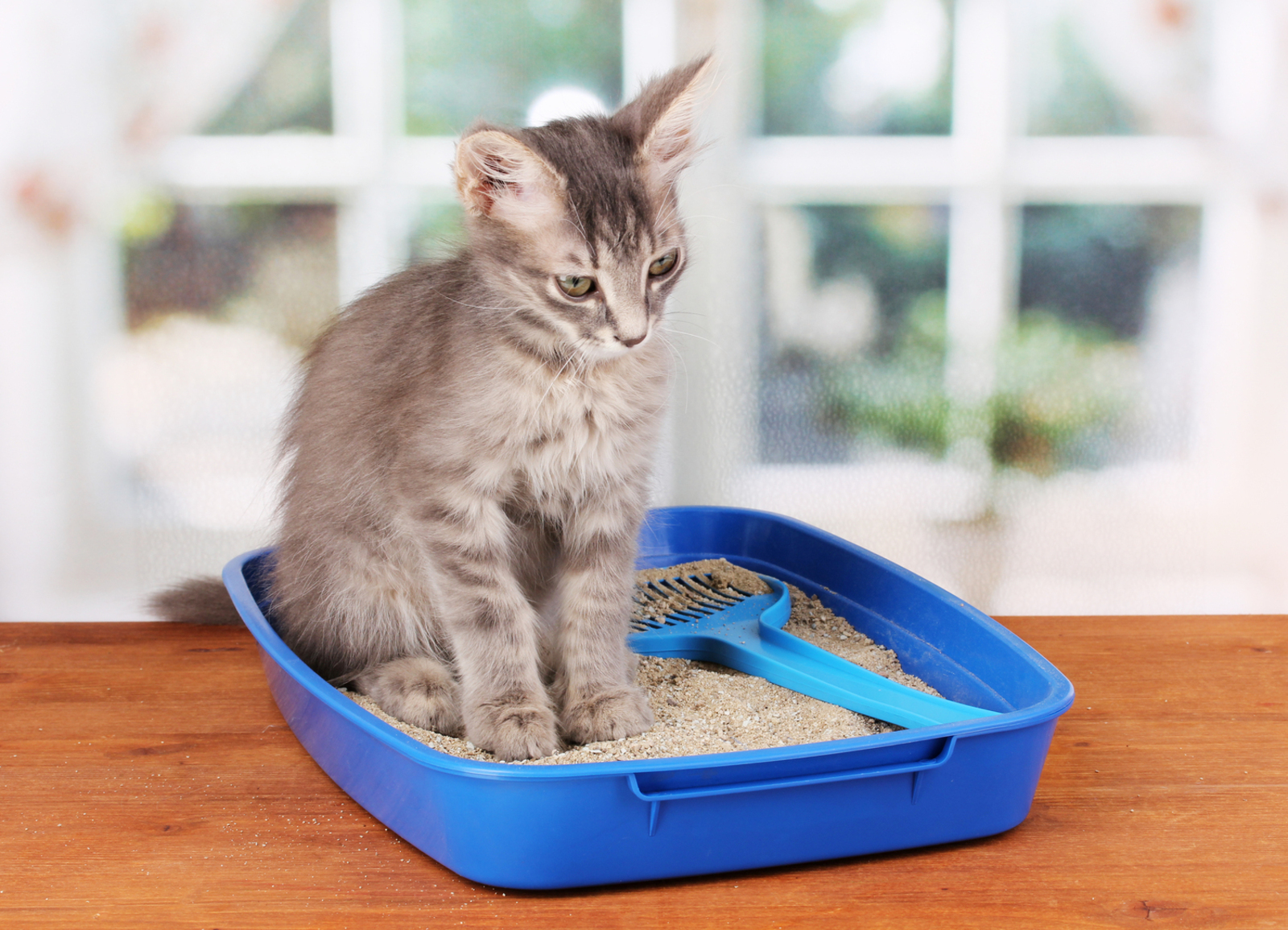
7 Signs Your Cat Is Not Feeling Well
Deciphering cat behavior can often feel like reading ancient hieroglyphics. Changes in a feline’s relationship with food and treats, abnormalities in their litter box habits, or even seemingly innocuous signs like itching can serve as red flags of an underlying health issue. Modern advancements have made it possible for us to consult an online vet in the blink of an eye, but cat owners first need to identify potential signs of distress—like sudden discomfort with their collar might be a sign of a rash or an infestation of fleas and ticks. Here are seven signs that your cat might not be feeling well:
1. Changes in appetite or weight
A sudden decrease in your cat’s appetite or sudden weight changes could signal a problem. Weight loss can be a symptom of several feline illnesses such as diabetes, hyperthyroidism, or kidney disease.
2. Alterations in litter box behavior
If your cat is visiting the litter box more frequently than usual, it could be a sign of urinary tract disease, bladder stones, or kidney disease. On the other hand, decreased litter box usage could mean constipation or obstruction. Also, changes in the consistency, color, or smell of their waste can be indicators of underlying health problems.
3. Excessive itching or grooming
Cats are naturally clean animals, but if your feline friend is grooming excessively to the point of causing hair loss or skin irritation, it might be a sign of fleas, allergies, or skin infections, and in some cases anxiety. Also, if your cat seems uncomfortable with their collar, it may be due to skin irritation caused by fleas and ticks. Visible pests on your cat’s body or in their bedding are an obvious sign of infestation.
4. Changes in mood
A typically sociable cat becoming withdrawn, or a usually calm cat becoming aggressive, can be signs of discomfort or illness. Cats often hide their pain, so any change in behavior should be noted.
5. Alterations in sleep patterns
Cats sleep a lot, but a cat that is sleeping more than usual or seems overly lethargic may be unwell. Conversely, a cat that is unusually active, especially during their regular sleep times, may also be exhibiting signs of illness.
6. Unusual vocalizations
If your typically quiet cat suddenly becomes a chatterbox, or if their meow sounds different, it might be a way for them to express discomfort. This behavior could indicate a range of issues from stress to arthritis, to more serious conditions like hyperthyroidism.
7. Changes in physical appearance
A dull coat, dandruff, or bald patches may signify nutritional deficiencies, skin diseases, or internal diseases. Additionally, changes in your cat’s eyes, such as cloudiness or excessive watering, may signal eye infections or other health issues.
When your cat displays any of these symptoms, it’s important to take them seriously. These could be their way of communicating that something’s not right. Consult your local vet or an online vet if the symptoms persist or if your feline friend’s condition worsens. Remember, early diagnosis and treatment can make a significant difference to your pet’s health, and potentially save their life.


